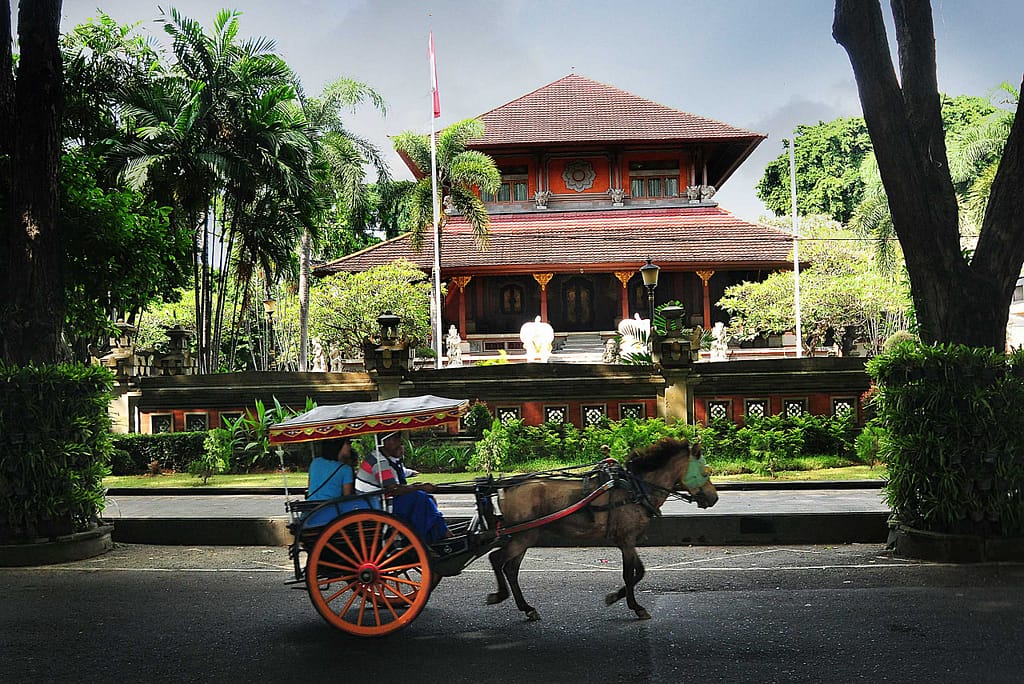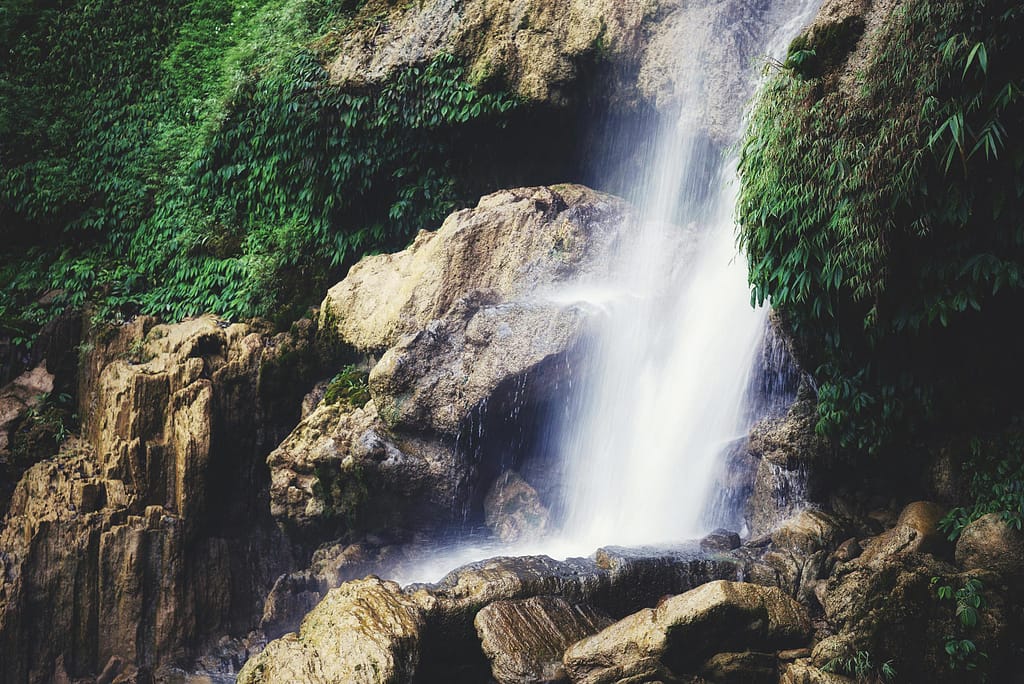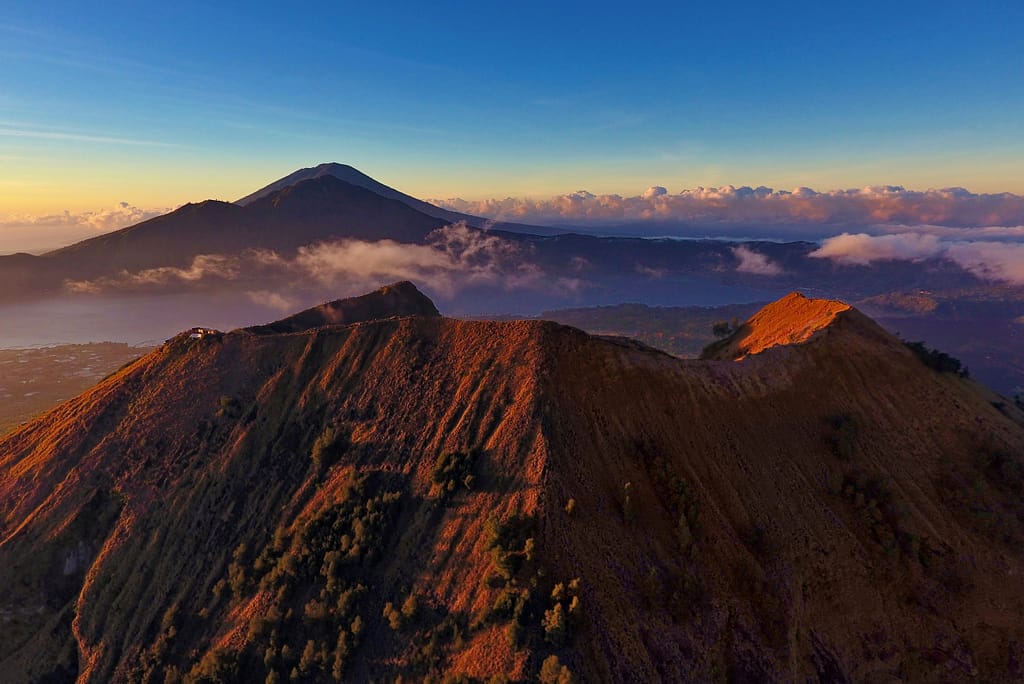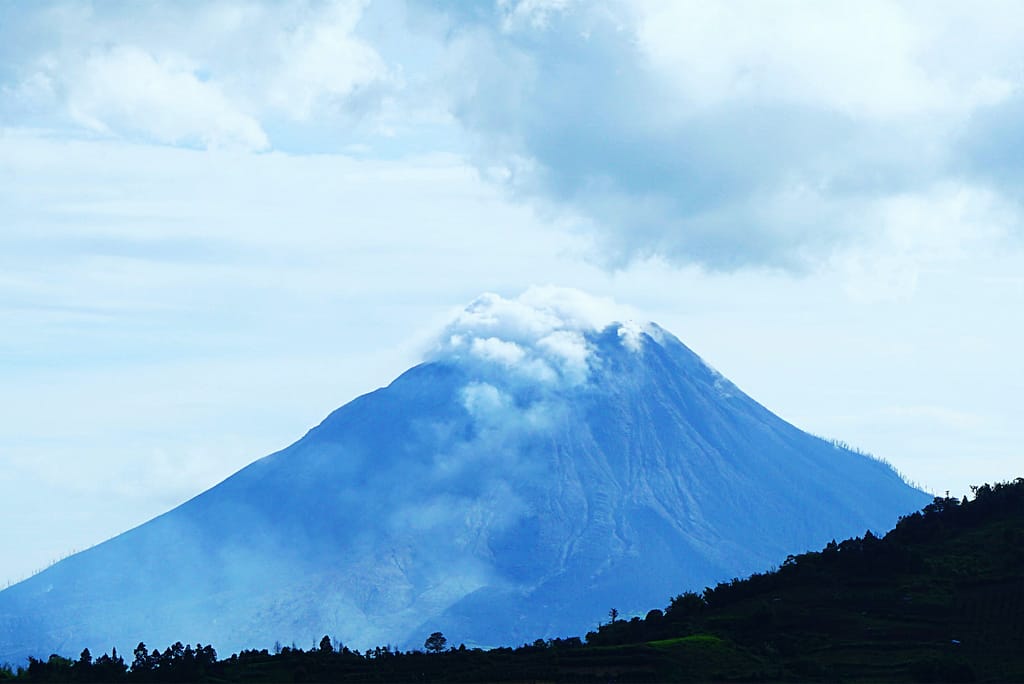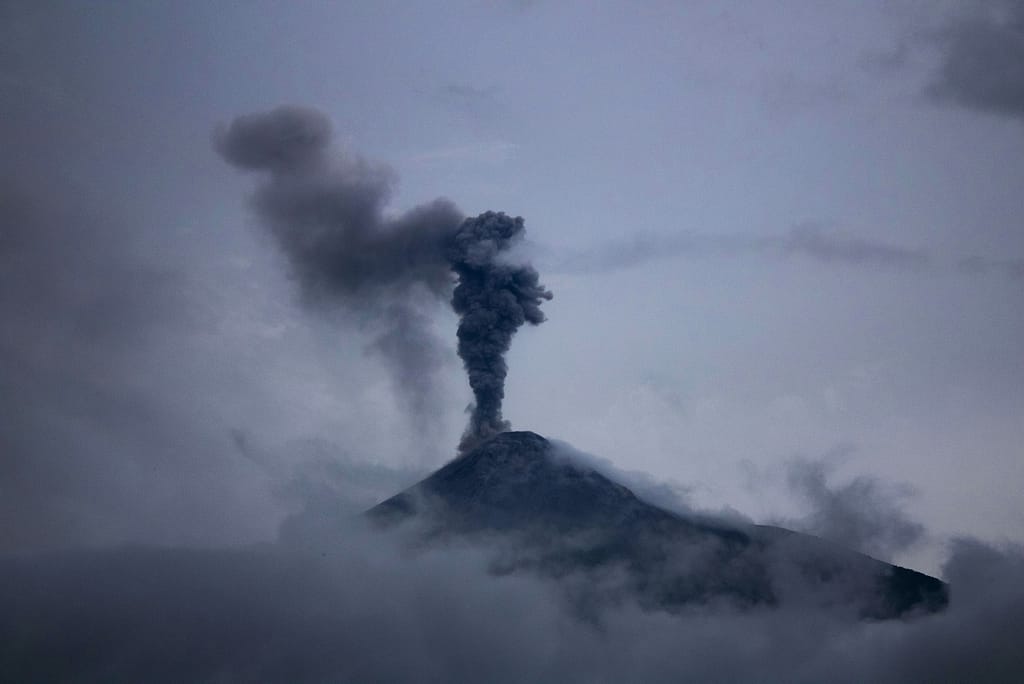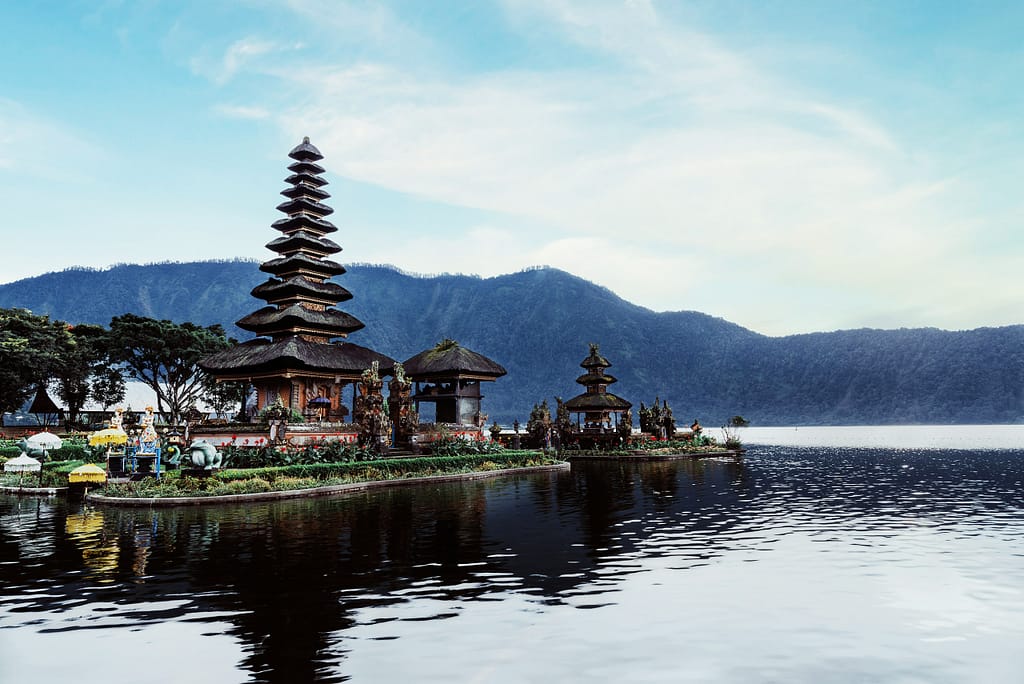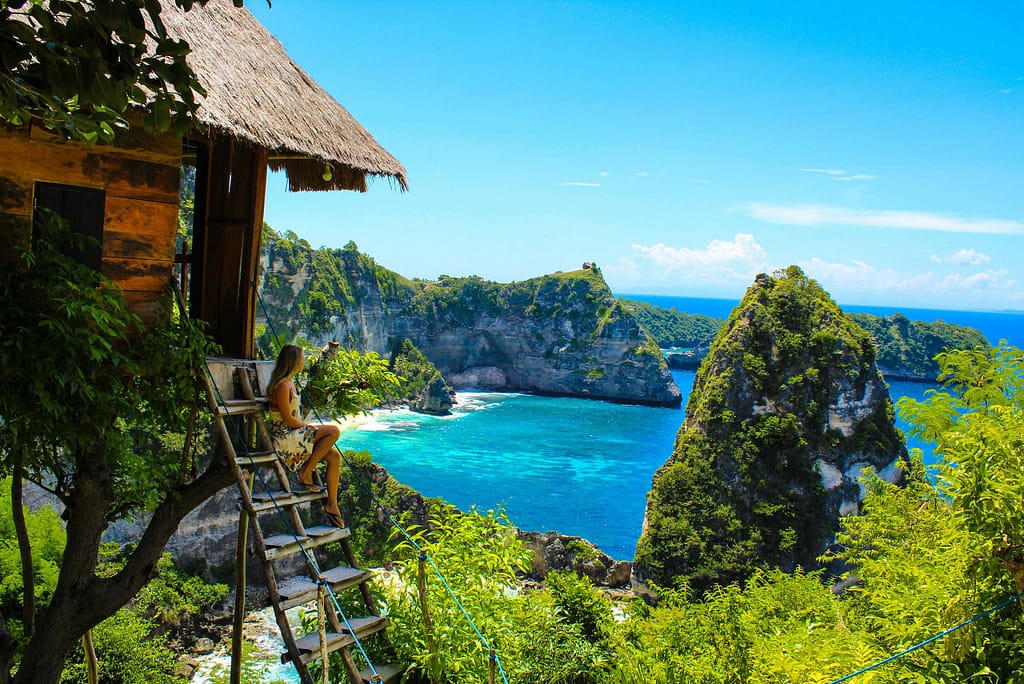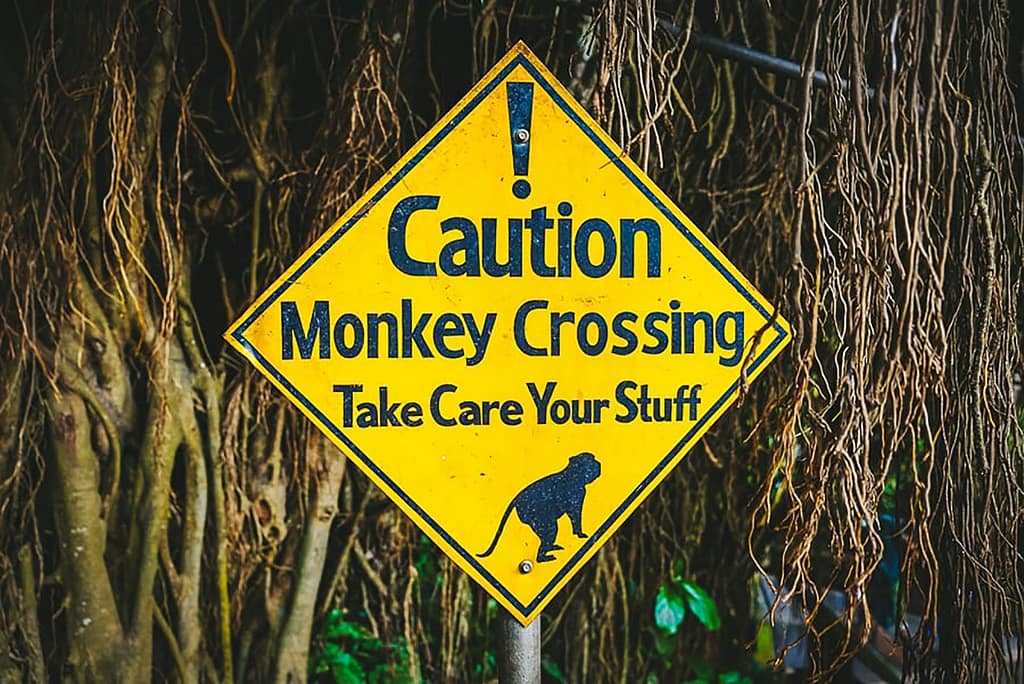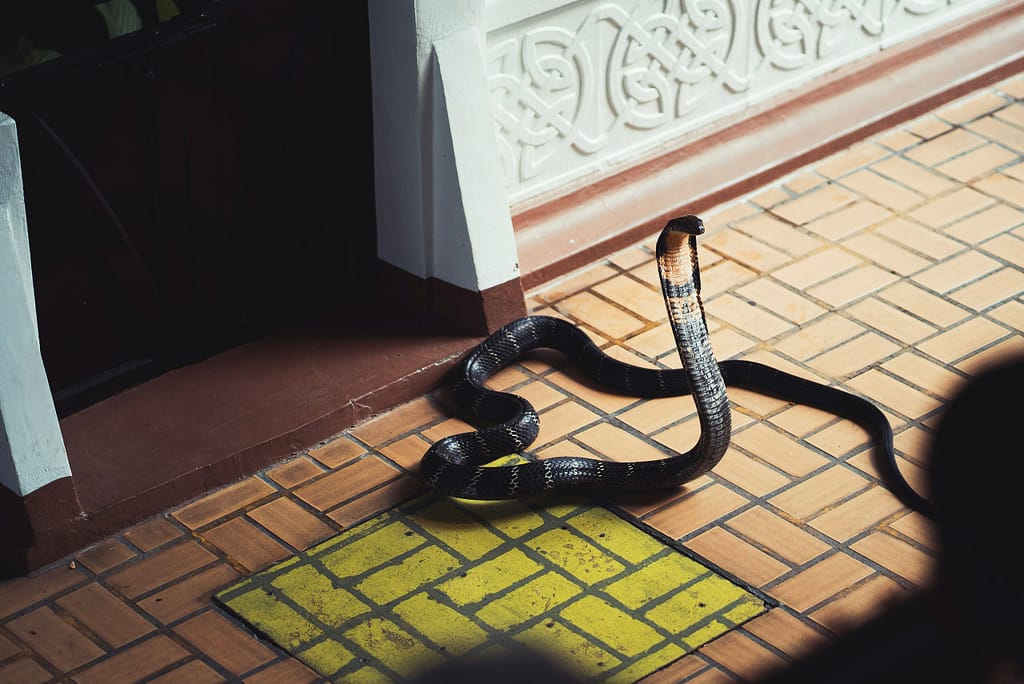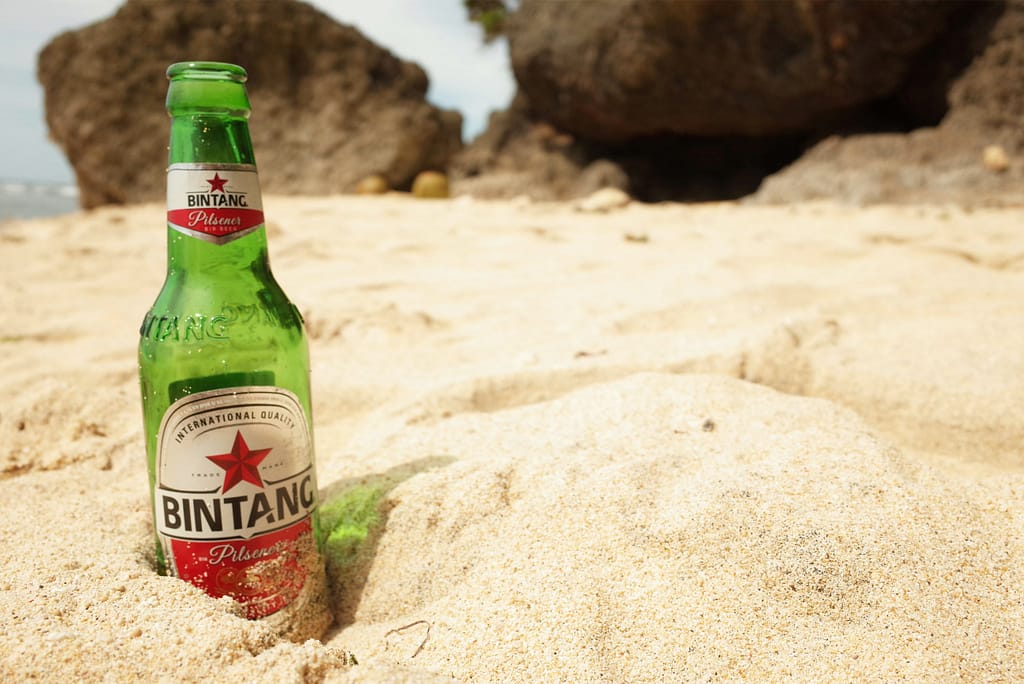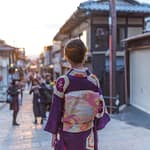Indonesia’s geography is as captivating as it is daunting. Situated along the Pacific Ring of Fire, this sprawling archipelago is prone to seismic activity. Bali, the iconic island paradise, is no exception, nestled within a tectonically volatile region. The Ring of Fire is a natural belt of volcanoes and fault lines that encircle the Pacific Ocean, making Indonesia one of the most earthquake-prone countries in the world. A staggering 90% of global earthquakes occur here, and while Bali itself may seem serene, the looming threat of an earthquake is always present.
I vividly recall the moment when, in 2018, a powerful 7.0 magnitude earthquake struck Lombok, just across the waters from Bali. The ground beneath me trembled, shaking the very foundation of the hotel where I was staying. Ceiling fans spun wildly, and even the swimming pool rippled like the surface of a stormy sea. Though the tremors felt unnerving, the damage was comparatively mild in Bali. However, on Lombok, the earthquake caused devastating destruction, claiming nearly 600 lives. This tragedy was a reminder of the volatile power of nature, with the 2004 earthquake and tsunami in Sumatra serving as a haunting reference point, having taken the lives of almost 230,000 people.
So, what safeguards are in place to protect Bali from a similar fate? Unfortunately, there’s no definitive shield. Earthquakes are unpredictable, and while scientists can monitor seismic activity, they cannot forecast when the next major tremor will strike. It could be tomorrow, or it might be centuries before another one of significant magnitude occurs.
For those living in or visiting Bali, it’s essential to be prepared for such an eventuality. If you’re ever caught in the midst of a strong and prolonged earthquake, the best advice is to move away from structures and coastal areas immediately. Tsunamis often follow earthquakes, and higher ground offers the best chance of safety. If you can’t reach higher ground, seek shelter in a sturdy place, like under a table or in bed, protecting your head and neck with a pillow. Glass and windows should be avoided at all costs, as these are often the most dangerous hazards during a quake.







